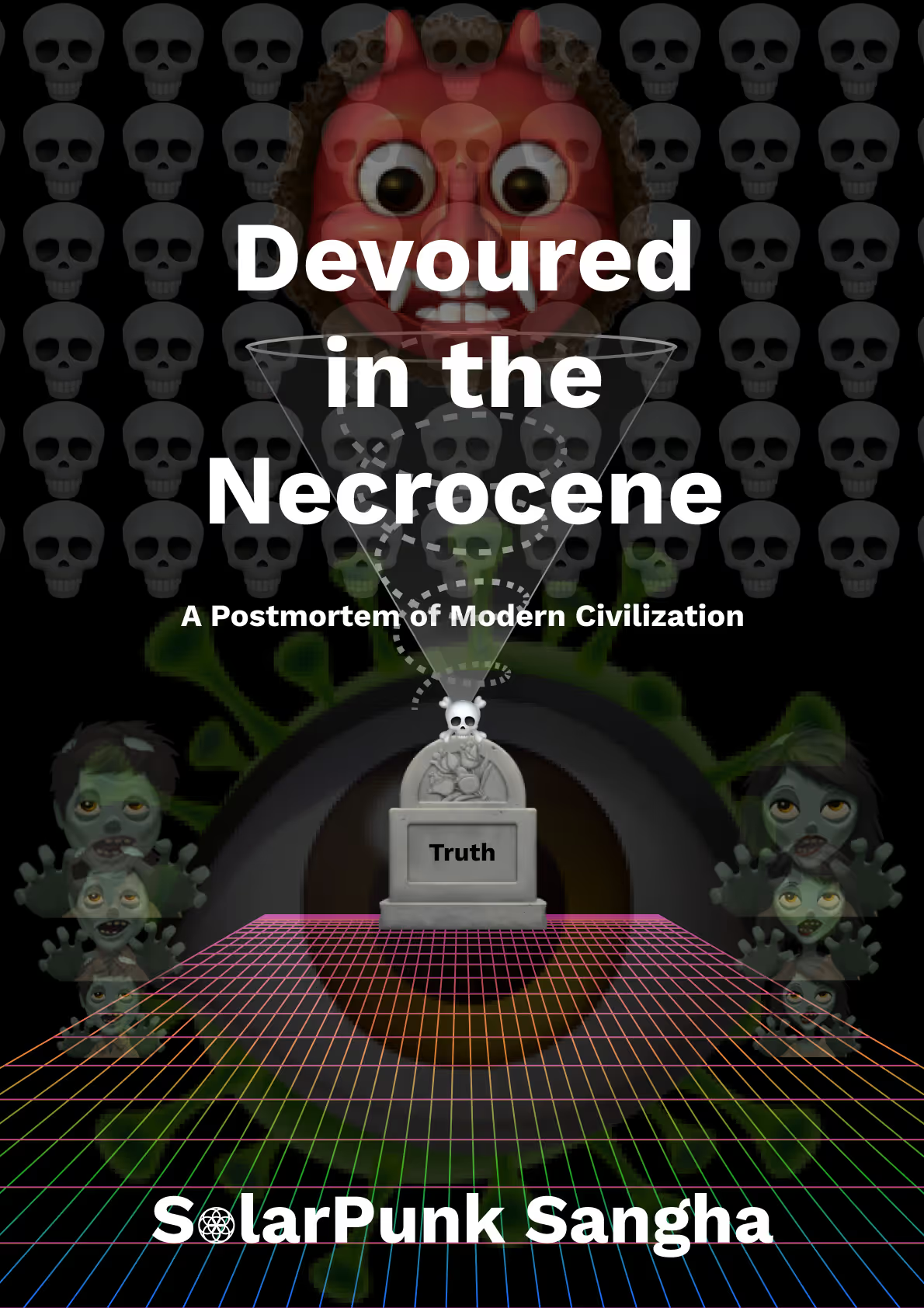Complexity
Systemic Expressions
Engineered Collapse: Creating systems too complex and fragile to withstand shocks.
🔮 Sustainability Theorems
A cross-domain analysis of Political, Economic, Cultural, and Ecological theories.
Political Theory
Brittle Centralization
Economic Theory
Supply Chain Fragility
Cultural Theory
Epistemic Chaos
Ecological Theory
Monoculture
Centralizes control under the guise of efficiency—hoarding system intelligence in opaque, fragile hierarchies.
📑 Observations
Establishing a triage containing observations of social experience.
🪞 Self-Enquiry
How does the Brittle Centralization of our global systems (food, energy, information) create a pervasive sense of vulnerability, and how does Epistemic Chaos (flood of misinformation) prevent us from building a coherent response?
🩺 Diagnosis Questions
1. Is the system overly centralized?
2. Does it have redundant fail-safes?
3. Are small disruptions capable of causing cascading failures?
Related Variables
- Supply chain vulnerability indexes
- System downtime costs
- Innovation rate vs. stability
"Their infrastructure is used for terrorism, we have no choice but to target it."
🩻 Targeted Organ
The Immune System
Capacity for Resilience
🧾 Rationale
To ensure Their Land cannot develop autonomous systems that could withstand siege.
💉 Extraction/Cultivation
Deliberately destroying water systems, solar panels, agricultural land, and medical infrastructure.
😷 Defense/Propagation
Technocratic Obscurantism: Framing the destruction of life-support systems as "military necessity."
❌ Tetrad Analysis
- Object of Perception: Efficiency
- ENHANCES: Specialization; optimization under ideal conditions; global integration
- OBSOLESCES: Redundancy; resilience; local autonomy; system-wide comprehension
- RETRIEVES: Bureaucratic empire structures with their inherent rigidity
- REVERSES INTO: Cascading systemic failures from minor disruptions; efficiency becomes catastrophic fragility
📝 Partial Diagnosis
Efficient Fragility: System is optimized for efficiency under ideal conditions but lacks resilience, leading to collapse under stress.
⚗️ Research Repository
🔮 Engagement Circle
🧊 Life Course
🎓 Case Study
2021 Suez Canal Blockage
The Ever Given container ship blocking the Suez Canal for six days demonstrated how brittle centralization and supply chain fragility can create global epistemic chaos, revealing the monoculture vulnerability of just-in-time global logistics.
Sources: ScienceDirect Supply Chain Analysis | Port Economics Management | ResearchGate Legal Impact Study
📚 Literature
"The Collapse of Complex Societies" by Joseph Tainter (1988)
Tainter's analysis of how increasing complexity leads to diminishing returns and eventual collapse, with brittle centralized systems becoming increasingly fragile and prone to cascade failures.




